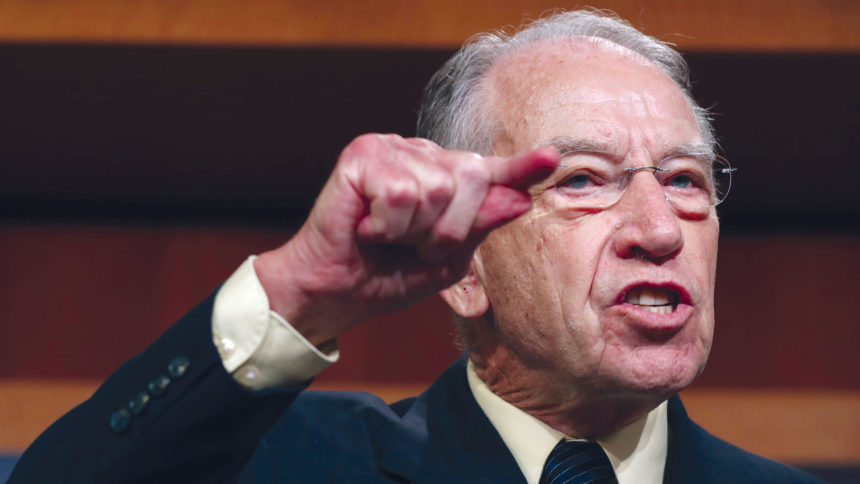
Tougher state surveys and a campaign of greater regulatory scrutiny could be in nursing home operators’ near future.
A day after the Centers for Medicare & Medicaid Services’ chief dropped a bombshell announcement in a blog posting, providers were still trying to sort through the possible implications.
Administrator Seema Verma revealed this week that she is directing her agency to undertake a “comprehensive review” of its regulations, guidelines, internal structure and processes related to nursing home safety and quality. That includes asking Congress for $45 million more in fiscal 2020 for survey requirements to help address an increase in the volume and severity of complaints. She also wants lawmakers to adjust the frequency of mandatory nursing home surveys to give more time to focus on “poor performers.”
Politico noted Tuesday that the timing of Verma’s announcement is somewhat complicated. Her call to “evolve” enforcement of nursing homes comes shortly after Sen. Charles Grassley (R-IA) — head of the Senate Finance Committee and a longtime nursing home watchdog — opened an investigation last month into nursing home abuse. The Government Accountability Office also released a report on Monday, accusing CMS of failing to adequately address nursing home abuse allegations in Oregon over the last 15 years.
CMS and Grassley’s office did not immediately respond to a McKnight’s request for further comment Tuesday on Verma’s blog post.
In her announcement, she detailed a five-point plan in how she hopes to improve nursing home oversight. She plans to:
- Strengthen oversight: CMS is intensifying its supervision of how State Survey Agencies perform, and taking a close look at how surveyors identify safety issues. It plans to set clear timelines for SSAs to review allegations, and change the Washington agency’s organizational structure to allow for more collaboration with states.
- Enhance enforcement: This includes strengthening policies to “hold nursing homes accountable for the care they provide.” CMS has shared staffing data with state surveyors, who are [as has been previously announced] conducting unannounced, after-hours and weekend visits to focus on staffing issues, Verma wrote.
- Increase transparency: By publicizing instances in which CMS terminates agreements with nursing homes due to poor quality, and making survey findings more readily accessible and digestible by the public.
- Improve quality: Officials are eyeing further measures to address “serious quality issues,” she said, such as healthcare-associated infections, and exploring ways to better spend Civil Money Penalty dollars on the most critical quality issues.
- Put patients over paperwork: CMS also wants to ensure that it is not overburdening providers with any changes. “We will continue to think about how we can streamline processes and eliminate obsolete, unnecessary or duplicative provisions and we are interested in hearing from all stakeholders on ways to improve our programs,” Verma concluded, drawing on one of the themes providers have actually liked during this administration.
Katie Smith Sloan, president and CEO of LeadingAge, said Tuesday that providers support any efforts to improve care and added that members are already working with CMS on several quality initiatives, including reducing the use of antipsychotic drugs.
“We believe that poor performers need to improve, and good performers should be recognized,” Smith Sloan told McKnight’s. “Our members are at the forefront of high-quality nursing home care and we will continue our engagement with all stakeholders on these efforts.”




